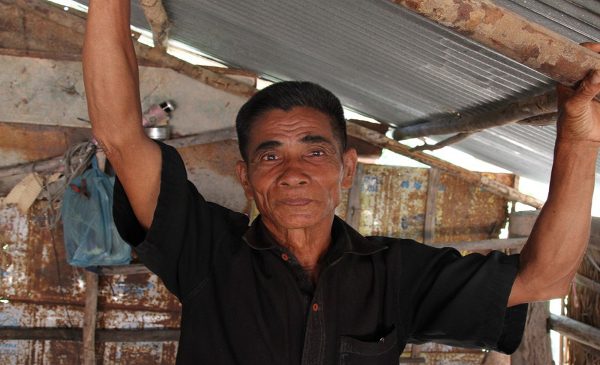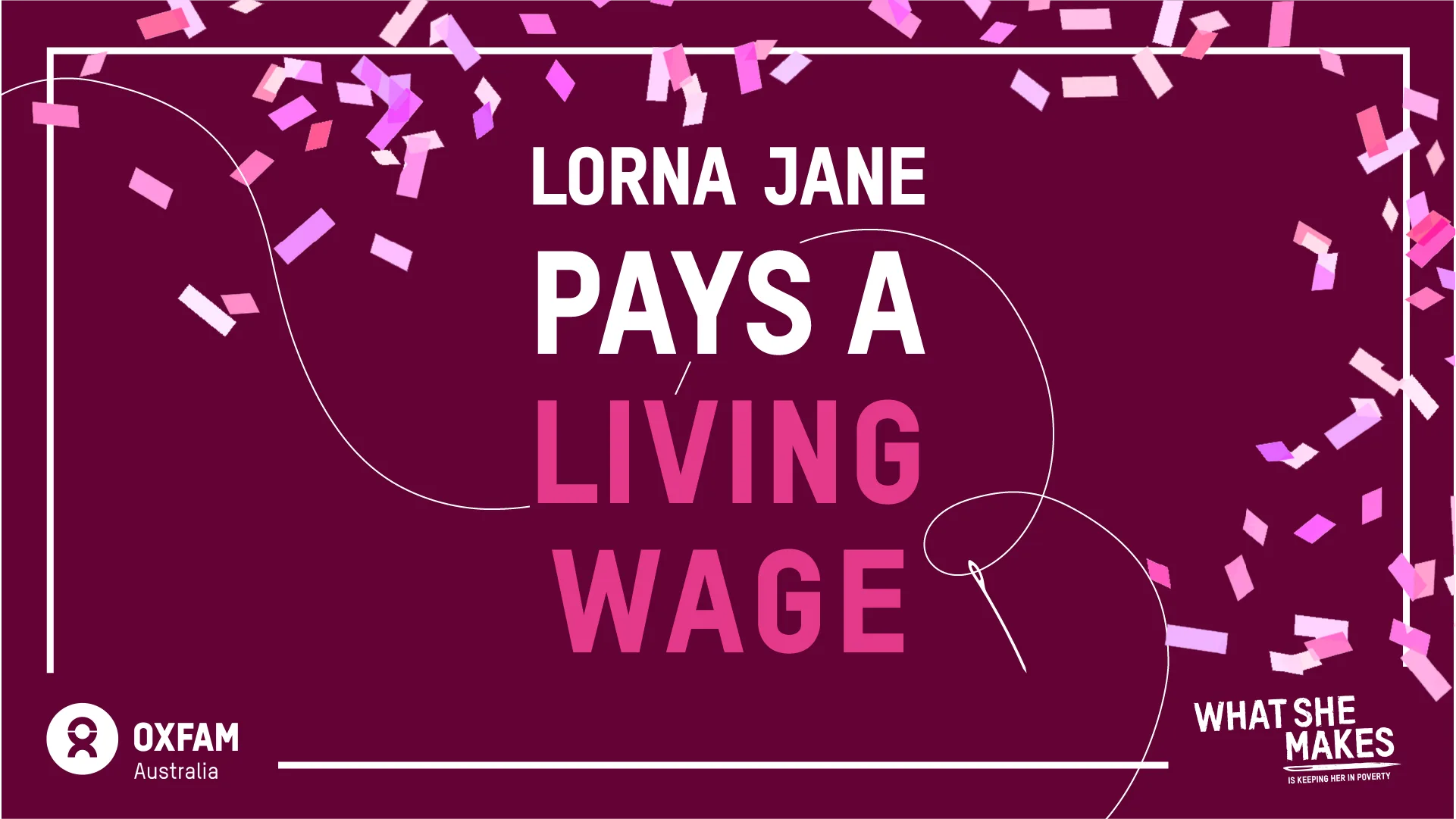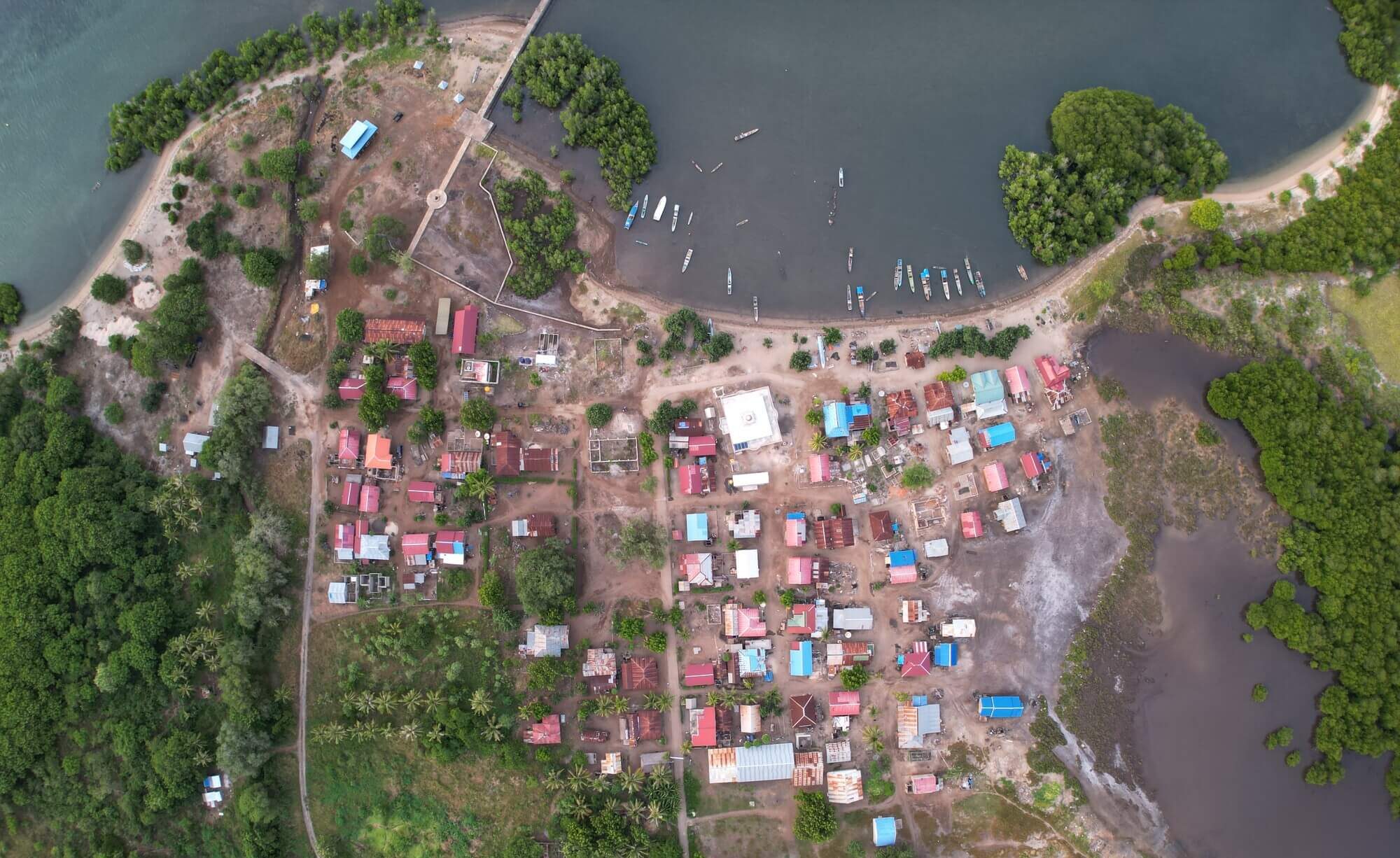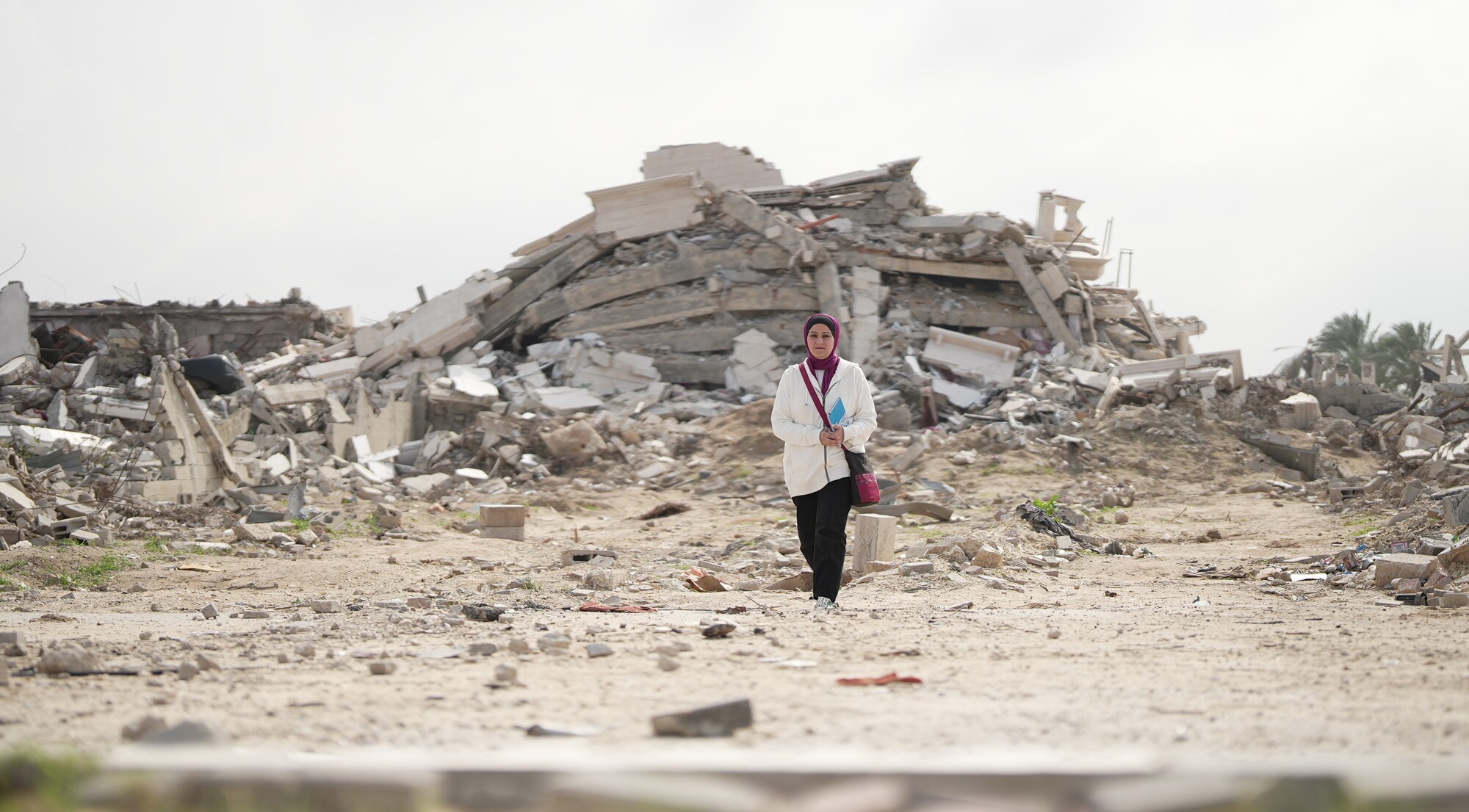The importance of disaster management
The sustainability of improvements in livelihoods increasingly demands attention towards disaster management (DM). Cow banks and water filters create long-lasting change; eliminating food shortages or health problems is amazing. However, natural disasters can quickly wipe out years or even decades of progress. Pakistan is showing how devastating disasters can be, while every dollar spent responding to a disaster could have been used to build on improvements that were already well underway. Adding recent disasters in Haiti, China, New Zealand, Guatemala and Australia (the list could go on) increases the importance and urgency of DM. In this context, understanding the impact of DM in Takeo was more pertinent than ever.
Simple, effective solutions
Effective DM is all about practical solutions. An early warning SMS system is great, but when you don’t have insurance (or a phone) and your house/crop gets destroyed, you need more than warning; you need prevention.
“In the past floods and drought have ruined our rice crop. Since it is our main food source, we would face food shortages for many months. It was very difficult,” San At says. “Since Oxfam dug the channel we have not had any floods… The short term rice (provided by Oxfam) helps too. It’s the same quality as other rice varieties, but does not take long to grow. Now our rice crops are regular every year.”
“I used to worry about our house and it was unsafe during strong rain. My children got scared. Oxfam provided some roofing and posts for elevating the house. We contributed labour and material for the walls. Now our house is strong and comfortable. I never worry about our house, even during storms,” San At says proudly.
With regular crops and a safe house, San At can now focus on other things, including his hope to improve the village’s main road. Prevention is invaluable, but often it requires a lot more support than digging a channel. As the impact of disasters increases, the need for effective DM is ever more vital for sustainably reducing poverty.



